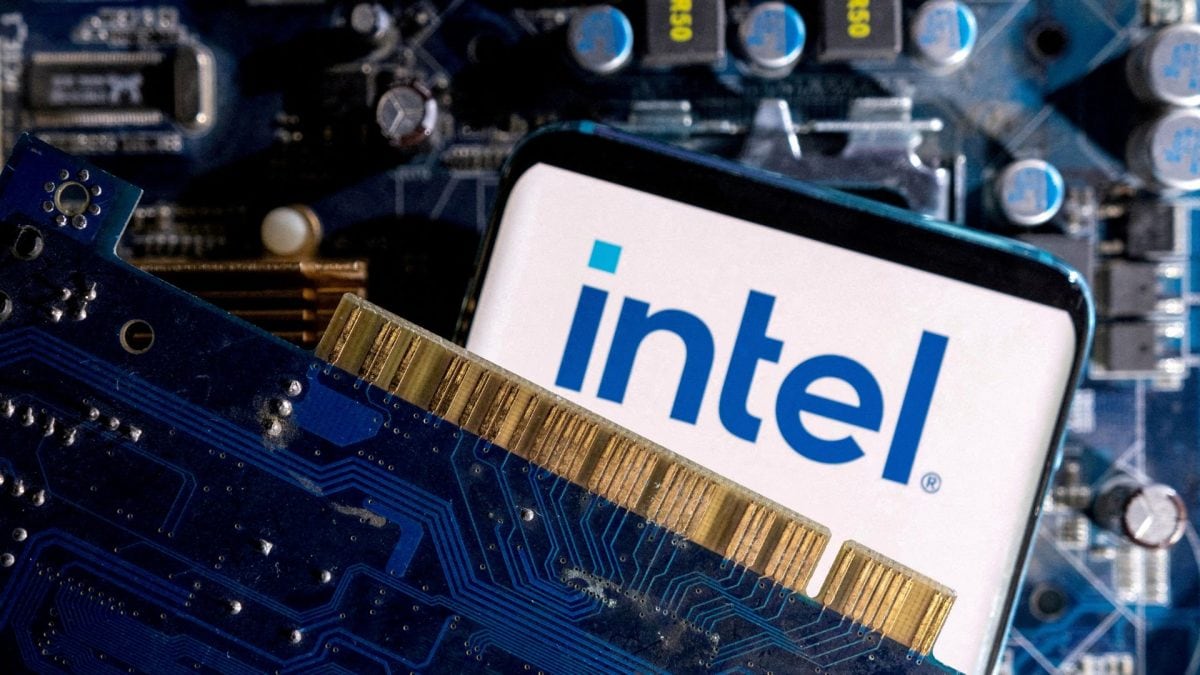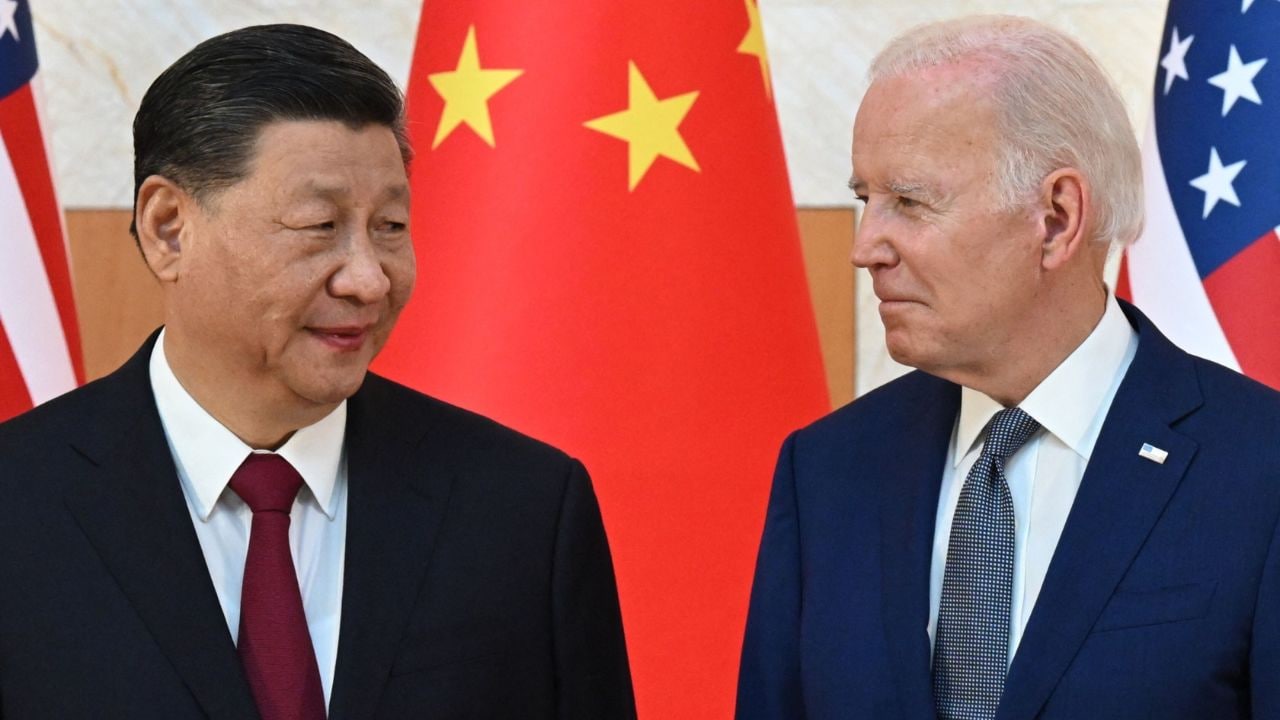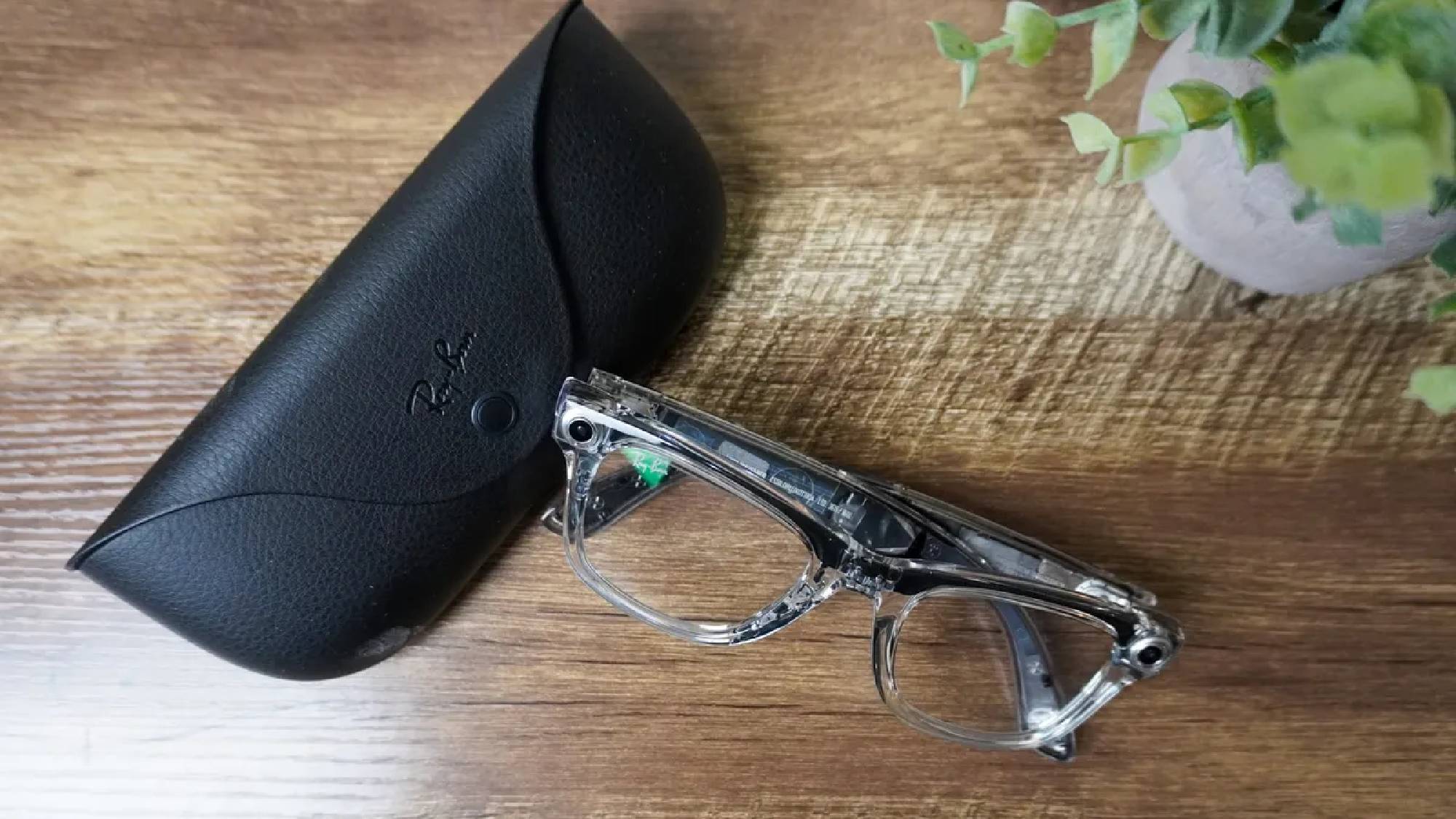
After sacking 15,000 workers about three months ago, Intel is now planning to resume free coffee and tea for its staff which it also stalled as part of cost-cutting measures. After its valuation declined, Intel in August this year announced it will slash 15,000 workers either through voluntary separation agreements and layoffs. In the same month, it sent across information about several of employees’ perks being slashed, including reimbursements for internet, phone, and travel costs.
Intel now declared that the free in-office beverages would return to boost employee morale. Intel’s internal message, accessed by The Oregonian, noted that such perks added to employee comfort and were needed to boost their morale. “Although Intel still faces cost challenges, we understand that small comforts play a significant role in our daily routines.
We know this is a small step, but we hope it is a meaningful one in supporting our workplace culture,” Intel’s internal message read. The chip manufacturer has said that it was not yet ready to resume offering the complimentary fruits that employees had grown used to. Intel, for decades, enjoyed the title of the leader in the tech industry, but over the past few months, it has faced several setbacks that have affected its position.
Intel, which played a major role in the personal computer boom of the 1990s, was concerned as it trailed in capitalising on the growth of mobile chips in the 2000s, which enabled Apple to take the lead with the iPhone. In 2013, Intel’s former CEO Paul Otellini had even admitted that he regretted his decision of passing over a deal with Apple to design and manufacture chips for the iPhone, as intel had assumed the volume would not justify the costs. Another major missed opportunity was in 2017 and 208 when Intel refused to buy a stake in OpenAI, which has now emerged as a front-runner in the artificial intelligence race.
OpenAI was sought for Intel’s investment so that it could reduce its dependence on Nvidia’s chips and create its own infrastructure. Nvidia is now Intel’s biggest competitor in chip manufacturing. Then CEO Bob Swan reportedly didn’t think generative AI models would make it to market anytime soon and turned down the deal.
Apart from these, Intel has also faced delays in manufacturing, including setbacks in 2020 with its 7-nanometer chips, which allowed competitors like Samsung and TSMC to pull ahead. After Intel’s valuation dropped, it paced up with a host of cost-cutting measures including reduction of its workforce by 15,000, reductions in reimbursements for internet, phone, and commuting costs. In September, the company informed employees that free beverages and fruits would be discontinued.
With inputs from agencies..














